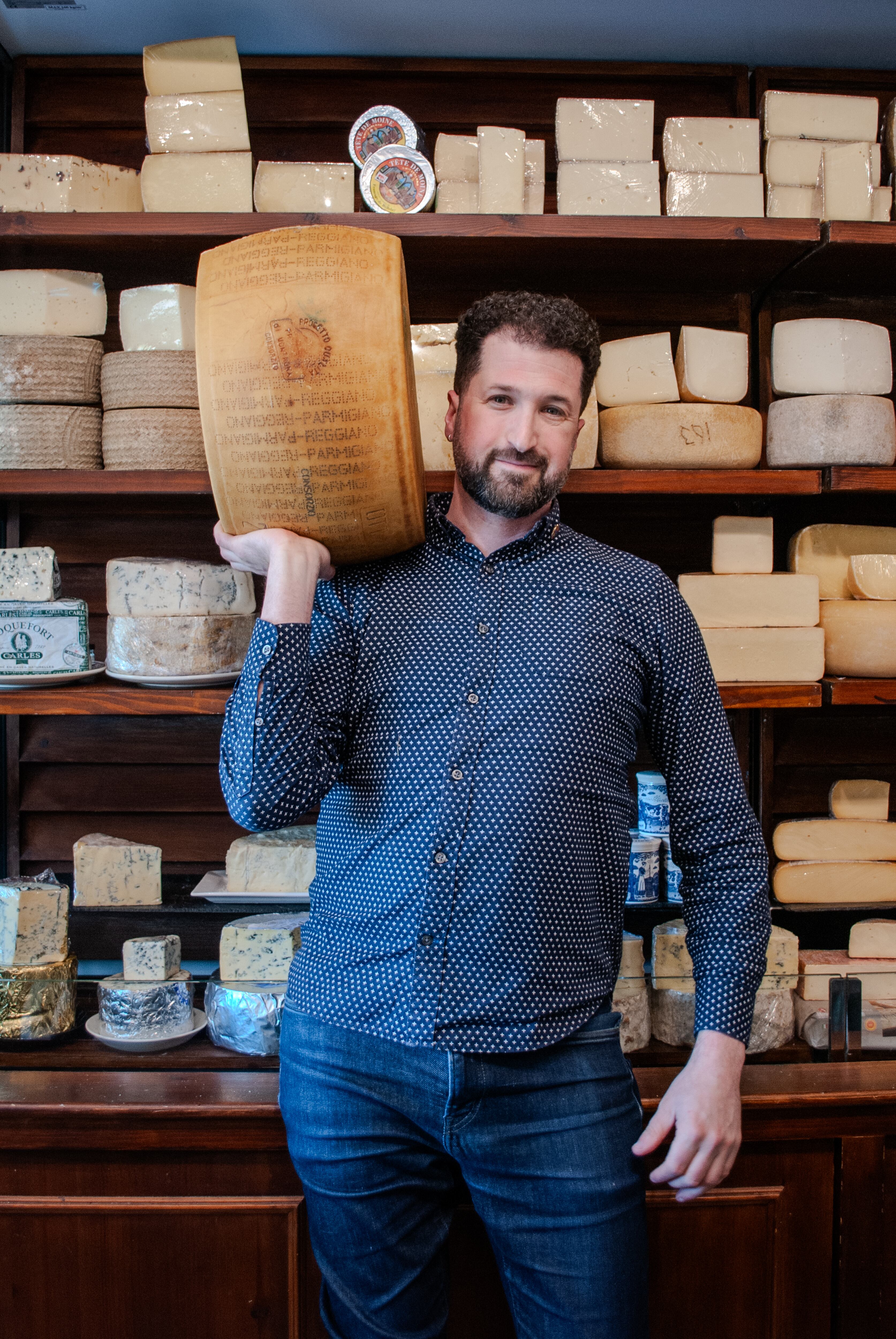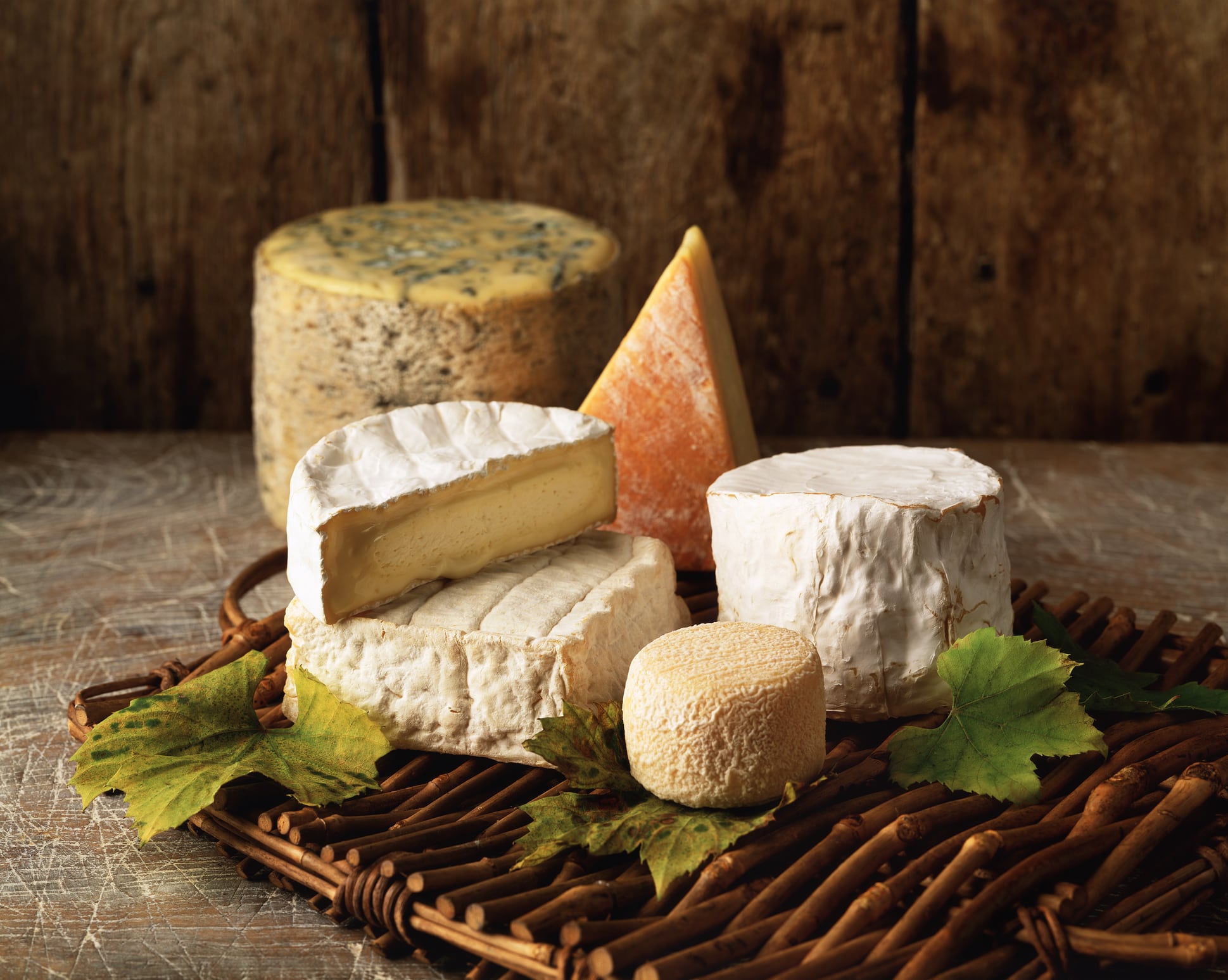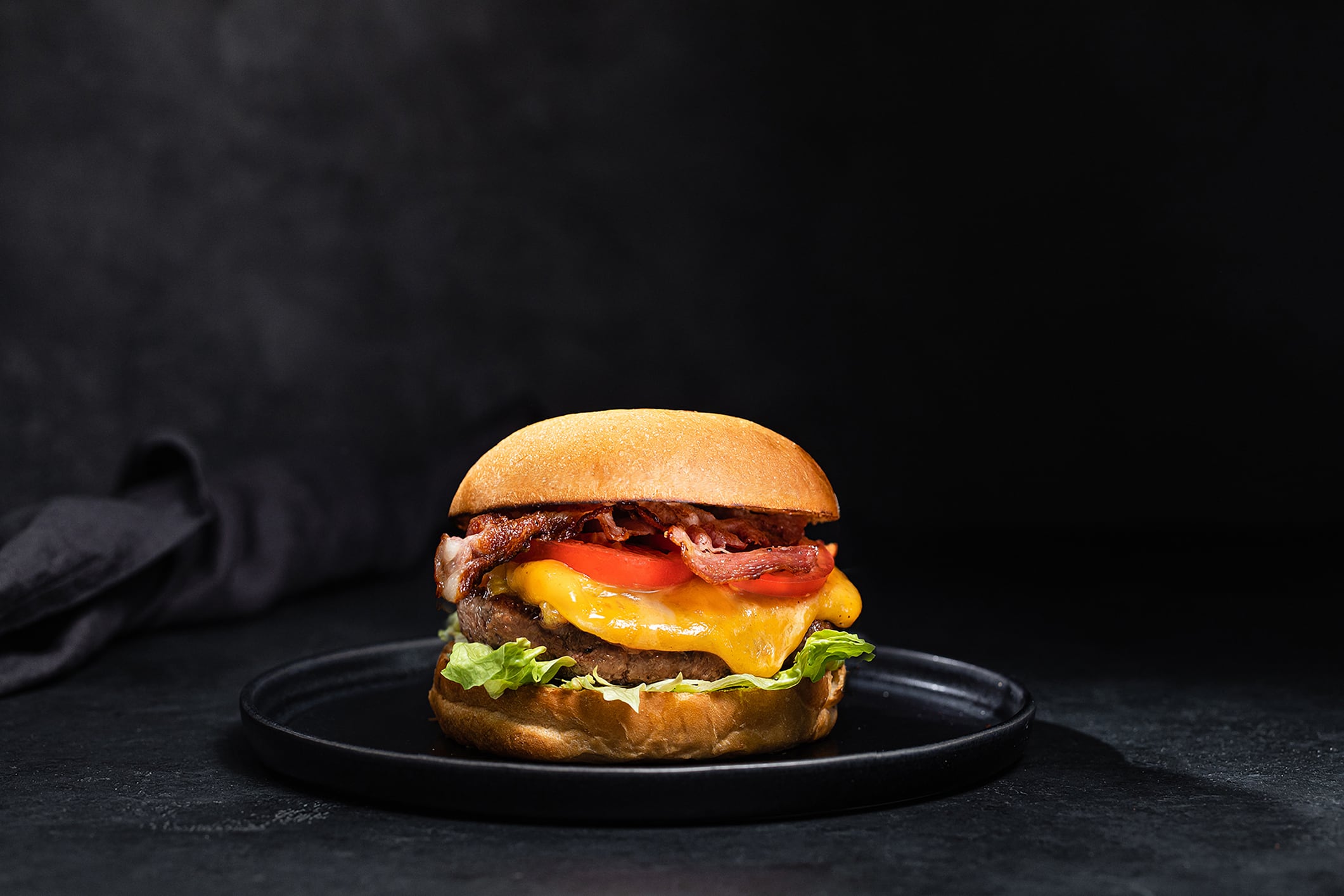Bayne is head cheesemonger at The Fine Cheese Co., a retailer, wholesaler and exporter of artisan British and European cheeses based in Bath, England. His journey to the cheese world has been a whirlwind ride from one creative pursuit to another, none too clear-cut but all rewarding. More than 15 years later, he’s won multiple accolades, served as a judge on the world’s biggest cheese competitions, and ultimately, picked a life of purpose.
Before choosing cheese, Bayne worked as an actor, then pondered being a sommelier. “I was an actor for quite some time - mostly stage work, a lot of theater, a lot of musical theater. I got an undergraduate degree from the University of Utah in 2008, then a Master’s degree from the Royal Scottish Academy in 2012, and moved to New York as a young actor. While working my way into being a working actor, my day jobs were always in food, because I couldn’t do a job I didn’t enjoy.
“After I graduated university, I got a job at a really wonderful gourmet Italian deli in San Francisco, called AG Ferrari. And I was initially into wine, thinking if the whole acting thing didn’t work out, I’d become a sommelier. And through a couple of very passionate co-workers of mine, I was introduced to cheese and I fell very much in love. And over the years, that became an equal passion to theater.
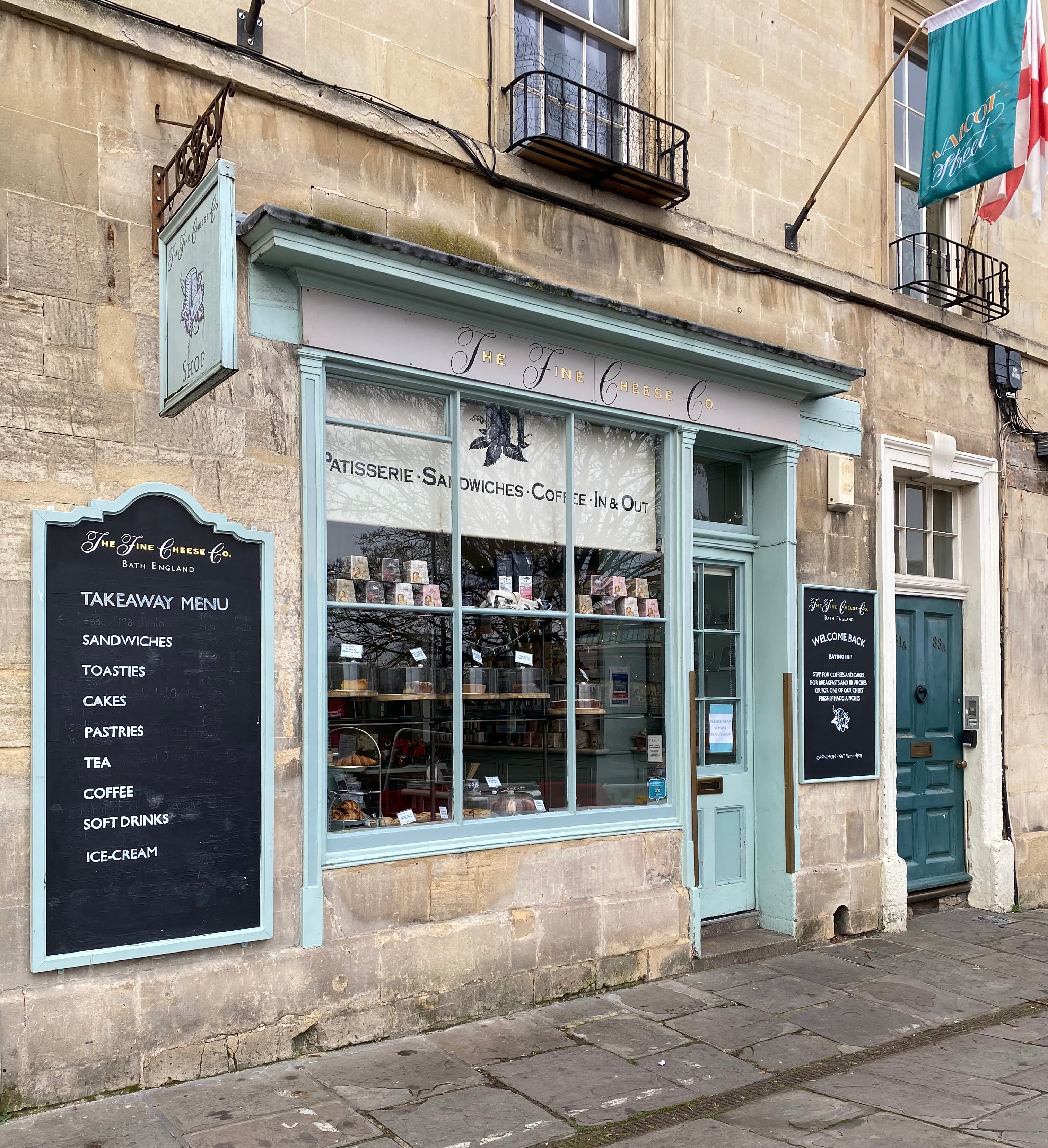
“But I found the theater industry there was really difficult, oversaturated with people. It was a real industry of who you knew rather than what you could do.”
In 2013, Bayne left the theater industry and has done nothing but cheese since. He cut his teeth at New York’s Dean and DeLuca in New York’s Soho and later moved to the UK, ‘partially through cheese, partially through marriage’.
But why did cheese win over wine: isn’t a wine sommelier’s job more lucrative and possibly, more exciting?
“Possibly more lucrative: I don’t think more exciting,” Bayne told us. “Not for me, at least.”
“Wine is really wonderful: but I found my initial forays into that industry to be full of snootiness and gatekeeping.”
That lack of accessibility was a common thread in theatre, too. “Whereas what I’ve found that the cheese industry is that the people are always happy to share knowledge and talk. They’re very passionate without wanting to keep others away.”
How does one even become a cheesemonger? Are there qualifications, courses, work experience programs? “In the UK, there’s the Academy of Cheese,” he said. “In the US, there’s the American Cheese Society Certified Cheese Professional Exam and their secondary exam called the Taste Exam, which is a sensory calibration exam. In France, there are some serious certifications, as well as a couple other European certifications. There’s also induction into the Gilde des Fomagers...”, he added, showing us his pin.
But it’s not all formalized knowledge. “There are so many different paths to it,” Bayne says. “I’ve known people who were going to be lawyers; a number of musicians; a few actors; a couple who were in the wine industry, some psychologists, scientists... So people enter in more than one way.”
“Cheese has taken me to places as obscure as deep: inside a pitch dark, dripping limestone caves in the Picos de Europa, to cities I didn’t ever expect going to”
‘Running into cheese’ is one of Bayne’s favourite things to do: even when he’s on holiday. “I have run into cheese in Egypt, Tunisia, Malka, Israel, random little parts of Italy or Greece,” he explained. “It’s always at the back of my mind.”
One type of cheese that sticks out in his memory is a Circassian fresh cheese made from raw sheep and goat’s milk, which he found at an Israeli buffalo farm. “The Circassians are an ethnic minority from Anatolia who are known for their herding and fresh cheese-making. I didn’t think I would run into that.”
What makes the difference between an average cheese and an exceptional one?
“Providence is certainly part of it,” he said. “It’s the story behind the cheese: where you can really tell the tale of the hands that made and turned and milked. Past that though, it all comes down to flavor.
“Flavor, balance, lingering qualities, something that sticks in your mind and in your mouth and won’t leave for ages. For me, that’s the mark of something exceptional.”
Nick Bayne
And what do shoppers want when they come into the shop looking for artisanal cheese? “What people want is quality and the right cheese for themselves. Times are tough right now: we’re all a little short on cash. So if you’re going to spend it and you’re going to spend it on something like cheese that comes at a bit of a premium, it’d better be good.”
It also comes down to good quality service. “There is nothing greater to me than getting to actually go to a cheese shop and talk to a knowledgeable team of cheesemongers behind the counter; people who obviously love what they do and are passionate about it. What we do isn’t about simply making people eat cheese or getting cheese into people’s mouths. It’s about the experience of that and giving them that enjoyment, even in the purchase of the cheese. And it’s also about getting them the right one.
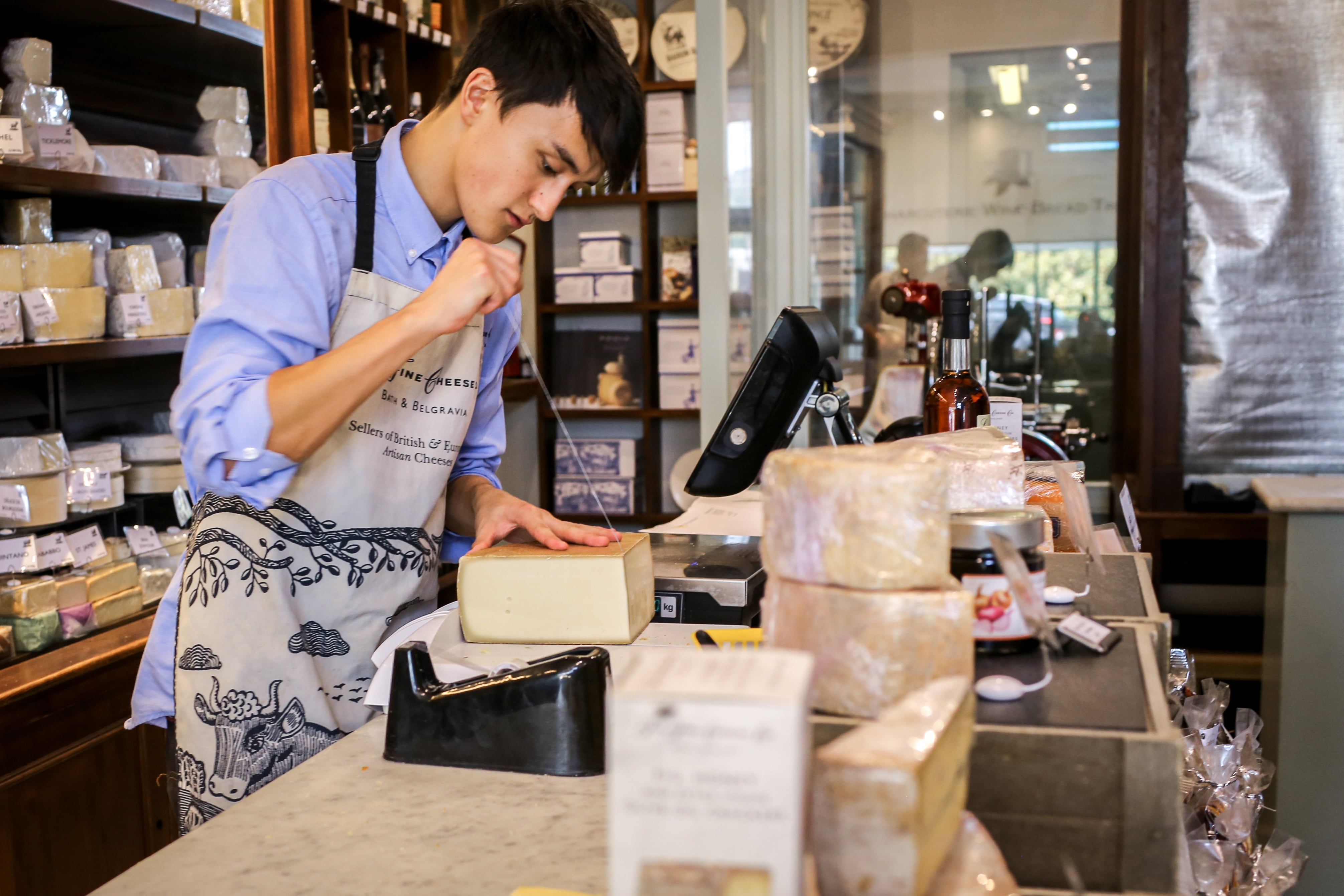
“There’s that concept that if someone has a good experience, they may tell a few friends. If they have a bad experience, they’ll tell everyone. And so, you want people to have a good experience and enjoy the food that they’re having.”
‘I’m never going to cheese-shame anyone, but…”
Away from the artisanal scene, what does an award-winning cheesemonger think about industry trends like high-protein and low-calories cheese – particularly those that are formulated with consumers’ health goes in mind?
“I’m never going to cheese-shame anyone for their personal choice. However, one thing I believe in is that cheese is actually pretty healthy as a part of a balanced diet.
“I understand the need: people have specific diets. If you’re on a low-carb diet or a low-fat diet or a high-protein diet, there are specific things you need to have. But I think overall, cheese is a pretty healthy food and it is simply a question of moderation.
“If you need to have a bit less of it, then you better have the most delicious thing that you can possibly have. That, for me, is the most important thing.”
Stay tuned for our article series Secrets of a cheesemonger to find out which are the most underrated cheeses; the most exciting emerging varieties; what pubs and restaurants want from cheese, and why American cheesemongers are the most enthusiastic bunch of all . . .

